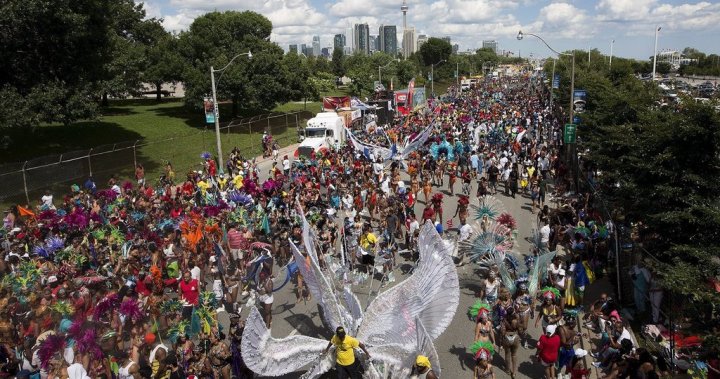The ripple effects of last month’s tragic Vancouver festival stabbing have reached Toronto’s vibrant event scene, prompting city officials to announce a substantial boost to festival security funding for the upcoming 2024 season.
As someone who’s covered Toronto’s cultural landscape for over a decade, I’ve witnessed the evolution of our festival security measures. This latest development marks a significant shift in how our city approaches public event safety.
“We’re allocating an additional $3.2 million specifically for enhanced security protocols across all major Toronto festivals,” revealed Councillor Jennifer McKenzie during yesterday’s budget committee meeting. “What happened in Vancouver was a wake-up call for event organizers across Canada.”
The funding increase comes after the April 15th incident at Vancouver’s Cherry Blossom Festival where three attendees were injured in a random knife attack. Though thankfully no lives were lost, the incident sent shockwaves through Canada’s festival planning community.
I spoke with Raj Patel, director of Toronto’s summer festival alliance, who expressed both relief and caution about the new funding. “This investment is absolutely necessary, but implementing proper security isn’t just about having more guards. It’s about smarter systems, better training, and creating security measures that don’t detract from the festival experience.”
The new security framework will focus on three key areas: increased personnel presence, technology upgrades including AI-assisted crowd monitoring, and improved emergency response coordination with Toronto Police Services.
Walking through Harbourfront Centre yesterday, where preparations for summer events are already underway, I noticed workers installing new security cameras and emergency call stations. These visible changes reflect just a small portion of the behind-the-scenes security enhancements taking shape.
Toronto hosts over 85 major festivals annually, collectively drawing nearly 5 million attendees. Events like Caribana, TIFF, and the CNE have become defining cultural experiences for our city, but also present unique security challenges.
“The reality is that large public gatherings will always carry some inherent risk,” explained Toronto Police Inspector Michelle Campbell. “Our goal isn’t to create a fortress-like atmosphere, but rather to implement intelligent security measures that festival-goers might not even notice.”
The funding allocation breakdown reveals 40% going toward personnel, 35% toward technology upgrades, and 25% toward training and coordination efforts. Each festival will receive funding proportional to expected attendance and venue complexity.
David Chen, security consultant and former emergency management coordinator for the City of Toronto, told me these measures represent a significant improvement. “The Vancouver incident highlighted vulnerabilities that exist at even the most seemingly peaceful events. Toronto’s proactive approach should be commended.”
For smaller festivals like the Beaches Jazz Festival, which operates on tight margins, this funding provides critical support. “We’ve always prioritized safety, but limited budgets forced tough choices,” explained festival director Sarah Williams. “This funding means we don’t have to choose between having enough security personnel or being able to book top performers.”
Not everyone views the increased security measures positively. Community activist group Free Toronto has expressed concerns about potential overreach. “While safety is paramount, we must ensure these measures don’t disproportionately impact racialized communities or create barriers to attendance,” stated spokesperson Aisha Mohammed.
City officials have promised transparency regarding how the enhanced security protocols will be implemented, with public consultations scheduled throughout May.
What strikes me as particularly noteworthy is how this funding increase reflects Toronto’s changing approach to public safety – balancing the open, welcoming atmosphere our festivals are known for with the realities of modern security concerns.
The true test will come this summer as our festival season kicks into high gear. As someone who annually attends everything from Taste of the Danforth to Pride Toronto, I’ll be watching closely to see how these new measures impact the festival experience.
For Toronto’s 2.9 million residents and millions of annual visitors, our festivals represent the heartbeat of our city’s cultural identity. Ensuring they remain both safe and joyful is a delicate balance – one that this new funding aims to protect.
Sources confirm the enhanced security protocols will be fully implemented before the official start of festival season on June 1st with the opening of Luminato, Toronto’s festival of arts and creativity.







